Modern Orthodoxy’s ‘Cultic’ Influence
Retiring Rabbi Marc Angel charges movement’s growing reliance on yeshiva deans is danger sign.
Debra Nussbaum Cohen and Stewart Ain - Staff Writers

Rabbi Marc Angel of Manhattan is going out with a bang.
As he prepares to retire from the pulpit this fall, the prominent Modern Orthodox rabbi and former president of the Rabbinical Council of America, has fired a salvo at his own movement, saying it is “slipping over the line to a cultic superstitious kind of religion.”
“In the early part of my rabbinate, Orthodoxy was free, open to dialogue and discussion, and had a message for other Jews and for the world,” he said.
But during his 38 years as spiritual leader of the Upper West Side’s Congregation Shearith Israel, known as the Spanish and Portuguese Synagogue, Rabbi Angel said he has seen a growing insular perspective that shuns innovative thought and relies instead on the opinions of so-called authorities.
“There’s been an increasing tendency to defer to certain authorities and of the individual rabbi or individual Jew to back off on personal responsibilities,” he told The Jewish Week.
Thus, instead of answering a congregant’s question about halacha or Jewish law, many Modern Orthodox rabbis are turning to a rosh yeshiva (the head of a yeshiva) for the answer.
“If the rabbi doesn’t know the answer, he should try to find out” and can consult a rosh yeshiva as part of his research, Rabbi Angel, 62, suggested.
“The answer should come from the rabbi of that congregation. He shouldn’t say, ‘I’m not capable of answering; that kind of question has to go to a rosh yeshiva.’
“And in general, this is what is happening. ... The Modern Orthodox have surrendered in almost every area of responsibility to the more right-wing group.”
The result, Rabbi Angel said, is that “people with independent opinions get shut out. When people stop thinking and expressing creatively, then there’s no more intellectual dynamism.
“Once that intellectual dynamism is gone that’s the beginning of stultification, of cultism. There’s a very fine line between true religion and cultism. Orthodoxy to a certain extent is slipping over the line to a cultic, superstitious kind of religion,” he said. “It bothers me endlessly.”
Samuel Heilman, a sociology professor at Queens College who has written extensively about Orthodox Judaism in America, agreed, saying that there are younger rabbis today who were educated by “more haredi [fervently Orthodox] and less modernist” Jews.
“Many went through a yeshiva system that is further to the right or were ordained in Israel in yeshivas where you always defer to the rosh yeshiva and seldom take a position on your own,” he said.
Such reliance on roshei yeshiva has pulled Modern Orthodoxy to the right, Heilman observed, because these halachic authorities “tend to be more right- wing.”
To counter this trend, Rabbi Angel is creating the Institute for Jewish Ideas and Ideals, an organization whose goal is “to foster an appreciation of legitimate diversity within Orthodoxy.”
It is similar to Edah, the organization that folded last year after nine years working to bring Modern Orthodox Jews together through conferences and programs. The difference, Rabbi Angel said, is that he intends to focus more on ideas than action and to develop religious responses to questions that have not been adequately addressed in the existing Orthodox legal literature.
Among them is whether it is permissible to go to the opera, which appears to be a violation of the prohibition against men hearing women sing.
“I know there are plenty of good Orthodox Jews who go to the opera,” Rabbi Angel said. “How do we understand kol isha [a woman’s voice]? What are its parameters, what does it include and not include?”
Rabbi Haskel Lookstein, principal of Ramaz, a Modern Orthodox Jewish day school in Manhattan, said he agreed that “in general there is a tendency towards hesitancy in rabbis making halachic decisions.
“But on the whole I think most rabbis make them except where there is a major community issue or an issue of marriage or divorce where the seriousness requires the expertise of an outstanding posek [Jewish law expert],” Rabbi Lookstein said.
Rabbi Angel said the situation has now reached the point where rabbinic candidates for pulpits are asked by congregational screening committees, “Who are your gedolim, who do you turn to when faced with hard questions?”
Rabbi Fabian Schonfeld, spiritual leader of the Young Israel of Kew Gardens Hills in Queens, who has been in the rabbinate for 56 years, acknowledged that such a question has been asked.
“It depends on the nature of the congregation,” he said. “He is not wrong, but he is exaggerating it. Balabatim [lay leaders] do ask.”
Rabbi Schonfeld said there have been occasions when he was asked by congregants to consult with another rabbi on particular questions.
“It happens, but he [Rabbi Angel] exaggerates. And in some cases, one is duty-bound to consult,” he said.
Rabbi Basil Herring, executive vice president of the RCA, said that although there has “certainly been a trend in recent decades towards specialization in dealing with questions of Jewish law ... congregational rabbis do not necessarily simply echo or consistently give carte blanche to such opinions.”
“They are able to filter that very specific knowledge through the prism of their communal realities and through the prism of the world around us, which requires a certain exposure to these realities,” he insisted.
But Rabbi Angel said he has found that roshei yeshiva have “become surrogate authorities” for a rabbi’s own judgment “instead of coming to conclusions based on [their] own reasoning. ... Of course we consult with other people who are experts in certain areas, but we’re not just blind sheep, and we have to think for ourselves.”
When he was president of the RCA and tried to implement new ideas, “there was more resistance than I anticipated.”
He recalled that he organized five regional conferences for RCA members to discuss intermarriage and conversion. “My hope was that people would say that ‘we should open our doors and people have a place to come and talk, so they know the Orthodox are open to them.’”
But instead, he said, “I was attacked tremendously, mostly from the right. Several of the roshei yeshiva [rabbinic deans of Yeshiva University] called me on the carpet and said, ‘The people who marry out are wicked, they are traitors and by having conferences on the subject we imply that Orthodoxy is soft on the issue.’”
“Why should we pretend that people don’t exist?” he asked, adding that “today Orthodoxy has become much narrower than it was in 1990” when he was president of the RCA.
Rabbi Angel, whose 600-family synagogue was the first established in North America, will be succeeded by his son, Rabbi Hayyim Angel, the current assistant rabbi.
Reflecting on the changes in Modern Orthodoxy, the elder Rabbi Angel said those who dare to offer a different opinion “are cut down and isolated, which is something that is not healthy for Orthodoxy and Judaism in general.
“There is a sort of intimidation out there and if one takes a stand that is different, that person is isolated. People are afraid to be isolated; that fear is palpable.”
“Once that intellectual dynamism is gone that’s the beginning of stultification, of cultism. There’s a very fine line between true religion and cultism. Orthodoxy to a certain extent is slipping over the line to a cultic, superstitious kind of religion,” he said. “It bothers me endlessly.”
This rabbi gives a bad name to all those cults we know and love to hate. What part of cultic behavior does Rabbi Angel see? Is it fair to say that communal pressure to follow a particular minhag is close enough or the same as the social and behaviorial controls practiced by cults in order to preach this chillul HaShem? Evaluating Your Cult Involvement
What Rabbi Angel is missing is the idea that his belief is not universal nor does he have a right to re-define modern orthodox in a way that makes his retiring conscience feel better since these trends he criticizes have occurred during the prime of his career. There will always be actions we regret for doing and for not doing but we cannot change the past. In retirement, Rabbi Angel will seek to re-write his past. It will not be successful and his retirement a bitter one.
Edah, the leftist orthodox organization mentioned in the article died not because of funding but because it lacked a true purpose (this is why it could not raise money). Rabbi Angel will seek thousands and millions of dollars to pay for not very popular Rabbis or Rabbis who may be well known but ignored to create old/new ideas which will muddy the waters of halachic observance. If Orthodox Jews are not happy as Orthodox Jews, they will merely not ask shailas and draw their own conclusions. It is that simple. If Rabbi Angel wants orthodoxy to follow conservatism by creating a system where minority vaiations are as acceptable as those held by the majority, the rabbinic system will break down and the Jewish people will further crack on sectarian lines.


Rabbinic authority is often discussed in terms of the words of the Torah in Deuteronomy 17:10,11:
17:10 Since this decision comes from the place that God shall choose, you must do as they tell you, carefully following their every decision.
17:11 [Besides this, in general,] you must keep the Torah as they interpret it for you, and follow the laws that they legislate for you. Do not stray to the right or left from the word that they declare to you.
From a very basic interpretation of the above, one wonders whether or not Rabbi Angel has actually ever looked in D'varim? What sort of options does he wish to provide Jews and how many different and opposing Rabbinic sources does he wish to create and further why does he seek to create so many divisions within the Jewish people? Is he doing this because his own congregants go else where with their shailas?
A few years ago I had questions as to the medical treatment my dying Grandmother was receiving at a convalescent home. I went to the Rabbi of my congregation with my questions and observations? After asking me a few questions, he called his posek to confer with him although I believe he already knew the answer. I had the greatest respect for him for doing so. I could have guessed the answer but wanted to be certain that what I considered the logic of the halacha to be was accurate. The psak halacha coming from a recognized authority was a lesson for me in the effectiveness of the rabbinic system. The ability of this Rabbi to reach his posek so quickly and answer my question is to me evidence that something else is going on in Rabbi Angel's conscience. My experience may not echo that of everyone else however, for me it was proof conclusive.
















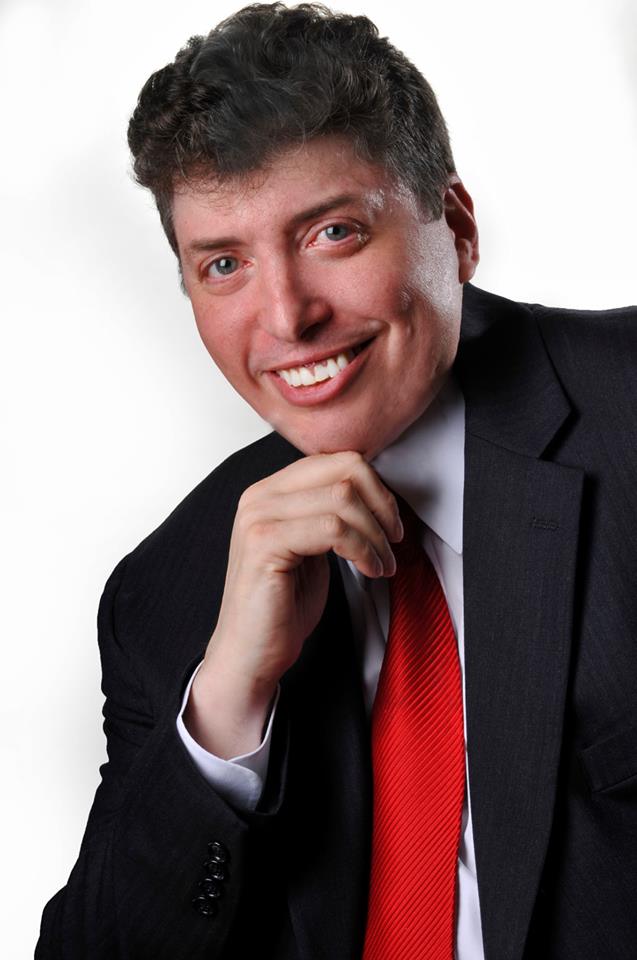



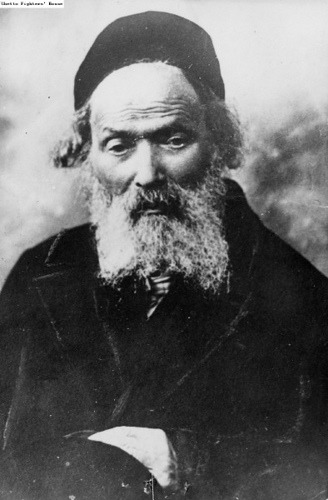


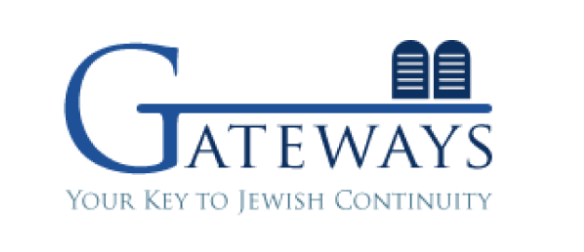














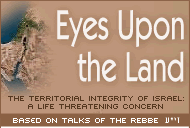

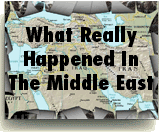


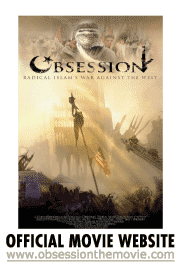





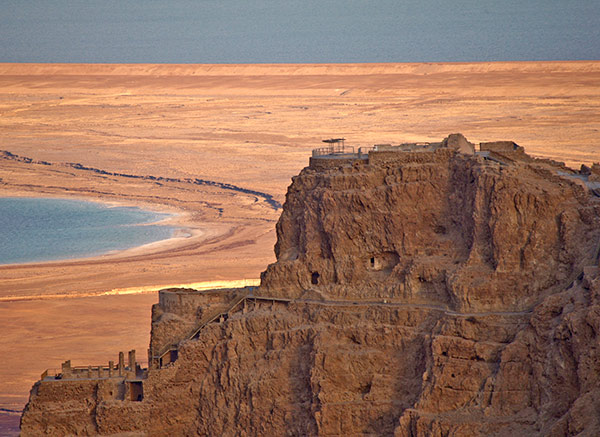
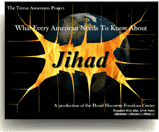
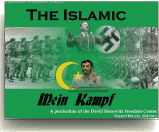




0 comments:
Post a Comment